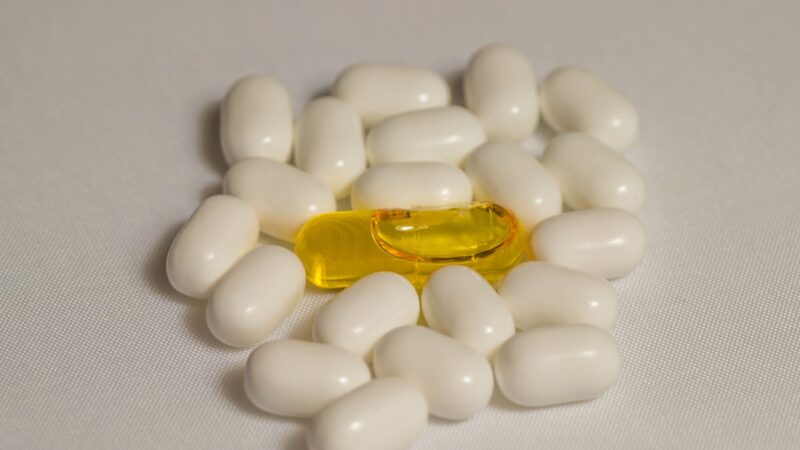Unlocking Bioavailability, Dosing Precision, and Innovation in Oral Delivery
Liquid-filled hard capsules (LFHCs) represent a significant advancement in oral solid dosage (OSD) forms, combining the flexibility of liquids with the stability and convenience of capsules. Compared to traditional tablets or powders, LFHCs offer enhanced solubility, controlled release, and formulation diversity.
Key Technical Benefits
- Solubilization of poorly water-soluble drugs
- Uniform fill weight and dose accuracy
- Reduced excipient load compared to compressed tablets
- Lower processing temperatures minimize API degradation risk
Manufacturing Advantages
- Suitable for thermolabile, lipophilic, or low-dose APIs
- Simplified formulation for complex or fixed-dose combinations
- Compatible with semi-solid, oil-based, or microemulsion systems
- Inline fill-weight monitoring and reject control
Compliance and Validation Readiness
- Capsule materials (HPMC, gelatin) aligned with global pharmacopeia
- Encapsulation under nitrogen or inert atmospheres for sensitive actives
- Part 11-compliant data capture with weight verification systems
Comparison with Traditional Formats
- Tablets require compression, granulation, and coating steps
- LFHCs offer faster formulation development and shorter changeovers
- Enhanced patient compliance through easier swallowing and taste masking
Liquid-filled capsules are more than a niche—they are a preferred delivery platform in formulations where precision, stability, and speed-to-market matter.






